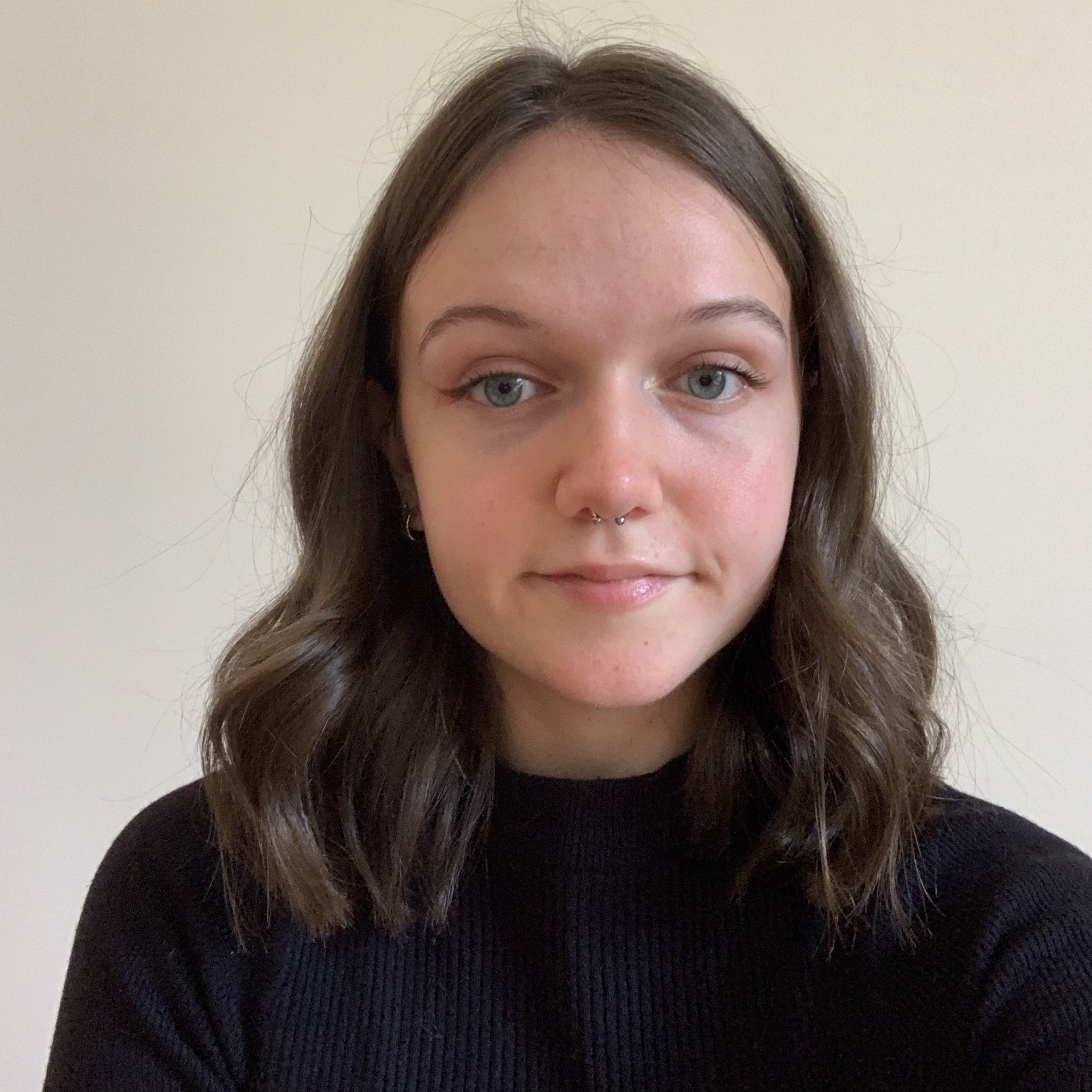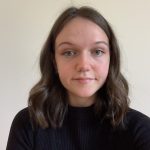Eloise Little
The University of Sydney
Eloise Little is a PhD candidate at the University of Sydney studying representation theory. She moved to Sydney from Adelaide to complete her undergraduate degree, majoring in mathematics. In 2020 she completed her Honours year submitting a thesis on Coxeter groups, Hecke Algebras and the Kazhdan Lusztig Basis. After receiving first class Honours she accepted a PhD position at the University of Sydney under the supervision of Dr. James Parkinson. Broadly her interests are combinatorics, representation theory and Kazhdan-Lusztig theory. More specifically she is studying affine Coxeter groups, in the unequal parameters case, and the cell representations of their corresponding affine Hecke algebras.
Can you give me a quick overview of the type of mathematics you are studying and its potential impacts for the broader community ?
Broadly, I am studying the representation theory of Coxeter groups. Put simply, representation theory endeavours to find ways to understand abstract definitions. By ‘representing’ objects of an abstract group by things we understand, linear maps, we can identify properties of the group.
There are many real-world applications of representation theory, however I study it, and mathematics in general, for its beauty. Mathematics is an art form that I feel privileged to understand and create.
How did you get into mathematics and into the area of Representation Theory? Was there someone or something that inspired you to this field?
I have always loved mathematics. My goal was to study pure mathematics from the beginning of my undergraduate degree.In terms of representation theory, my interest began when I took a class on group theory in 3rd year. This class was led by my current supervisor, who later introduced me to Kazhdan-Lusztig theory.
You received a grant to attend AMSI Winter School 2022. How important was this in terms of your ability to attend, fully participate in the program and meet others studying in similar fields?
The grant I received from AMSI was pivotal in my ability to attend the school. The school was held in Brisbane and I am currently situated in Sydney so required funds to travel. It was great to be able to participate in person (rather than online) for the first time in a while. I was able to meet a lot of PhD students that I hope to stay in touch with.
Winter School is designed to give students a deeper understanding of their area of research and expose them to others working in different fields/industries. What was the most valuable part of the program for you? Was it the course content or the people you met? Do you have new ideas for your work/research or see it in a new light?
I found the most valuable part of the program to be the courses and the problem sessions. The content, especially the Kazhdan-Lusztig course, was relevant to my current research and helped me understand things differently. The problem sessions, run by Joel Gibson, were very enjoyable. It is refreshing to step away from your own work and work on smaller problems in groups.
AMSI-MSRI Winter School was held as a hybrid event with event hubs in Australia and America. What was the biggest positive from your point of view holding it in this format and/or the biggest challenge?
The online format allowed for some interaction between the American students and the Australian students. The participant talks allowed me to learn what the American students were studying. However, it is still easier to interact and work on problems with people in person.
What advice would you give to someone who is considering applying for Winter School in 2023? How would you describe the conference to them? Should they apply and why?
I think Winter school is a rewarding experience and would encourage anyone thinking to apply to do so. The camp allows you to be fully immersed in mathematics, especially areas outside your direct field of study. It is like taking a course but with the freedom to just learn and without the focus on assessment.
Where do you want the mathematical sciences to take you? Where do you see yourself in five, ten years time?
I hope to stay in academia for a while. Once I complete my PhD, I intend to apply for a postdoctoral position with the eventual hope of researching and lecturing full time.


